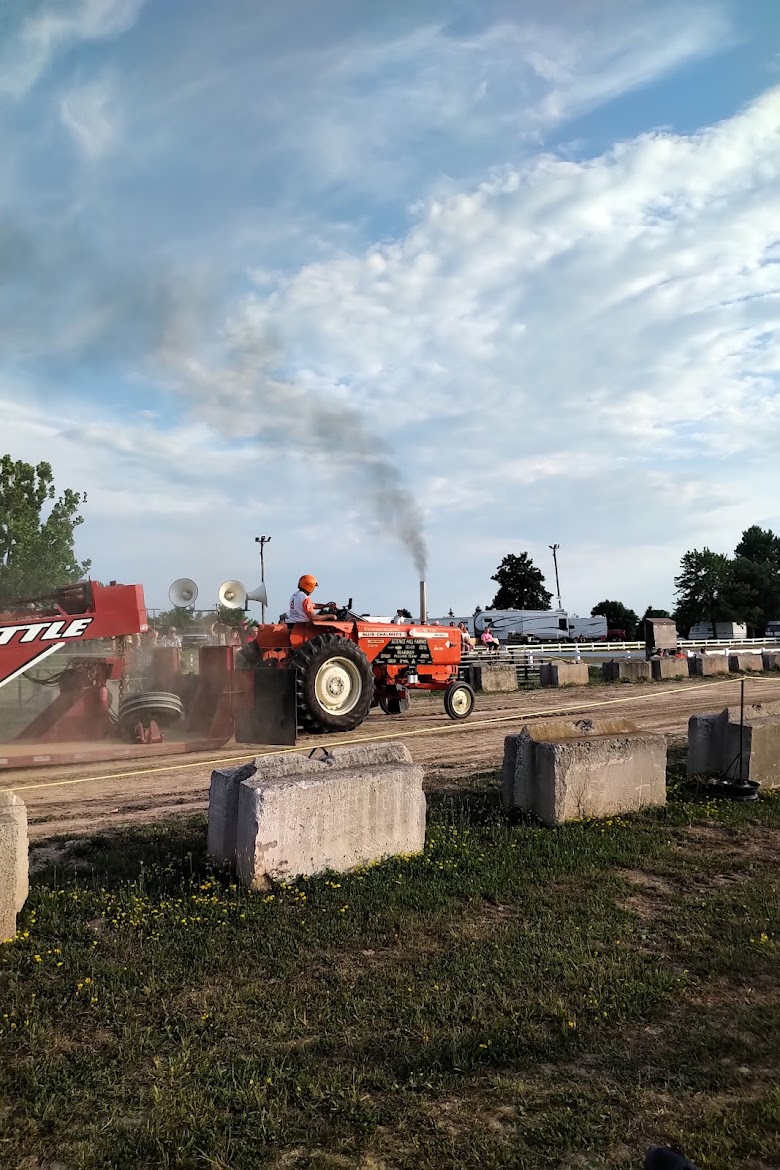 The Ontario Agriculture, Food and Rural Affairs Appeal Tribunal has denied an appeal by La Primavera Farms of an over quota levy imposed by the Chicken Farmers of Ontario (CFO). When La Primavera produced 78,513Kg of chicken in quota period A-99 (July 16 - September 11, 2010), it exceeded its quota allotment by 24,671Kg. La Primavera was assessed an Excess Production Levy ("EPL") of $21,978.99 by CFO, pursuant to CFO Regulation BQ-2010. La Primavera objected, and in a decision of CFO dated December 16th, 2010, CFO affirmed the EPL. CFO was requested by La Primavera to reconsider its decision. CFO denied La Primavera's request for a waiver of the EPL and affirmed its previous decision. La Primavera then appealed to the Appeal Tribunal from the decision rendered by CFO and seek a waiver, or a reduction of the EPL.
The Ontario Agriculture, Food and Rural Affairs Appeal Tribunal has denied an appeal by La Primavera Farms of an over quota levy imposed by the Chicken Farmers of Ontario (CFO). When La Primavera produced 78,513Kg of chicken in quota period A-99 (July 16 - September 11, 2010), it exceeded its quota allotment by 24,671Kg. La Primavera was assessed an Excess Production Levy ("EPL") of $21,978.99 by CFO, pursuant to CFO Regulation BQ-2010. La Primavera objected, and in a decision of CFO dated December 16th, 2010, CFO affirmed the EPL. CFO was requested by La Primavera to reconsider its decision. CFO denied La Primavera's request for a waiver of the EPL and affirmed its previous decision. La Primavera then appealed to the Appeal Tribunal from the decision rendered by CFO and seek a waiver, or a reduction of the EPL.
The owner of La Primavera has been involved in the production of chicken under the current supply management system for the last 30 to 35 years. In 2010, the owner decided to entrust to his daughter the responsibility to plan and order chicks from the hatchery to stock La Primavera's barn for the quota period at issue on the appeal. When a Notice of Maximum Crop Quota Allotment arrived from CFO, the owner did not explain the significance of the notice to his daughter. She attempted to calculate the number of chicks needed to fill the quota allotment.
A second document was sent by CFO later in the same month in an envelope labeled in bold Important Crop Quota Enclosed. This was the official communication from CFO determining the net allotment of quota for La Primavera for the period. The owner's daughter did not appreciate the significance of this document and did not look at the document in deciding upon the number of chicks to be ordered. The owner was not involved in reviewing the document with his daughter. Production by La Primavera ended up based on an assumed quota of 65,240 kg when it should have been only 53,842 kg. An excess production levy of almost $22,000 was imposed.
La Primavera asked for the levy to be waived on the basis that the over production resulted from a "clerical error". However, in the Tribunal's view, the responsibility rested on the President of La Primavera to properly guide his daughter/employee through the process to calculate La Primavera's needs to fulfill its quota allotment for the quota period in question. In failing to properly guide her to take over the responsibility, La Primavera assumed the risk which resulted from her lack of knowledge and familiarity with this process. The appeal was denied.
Read the decision at: La Primavera Farms vs. Chicken Farmers of Ontario (CFO).



